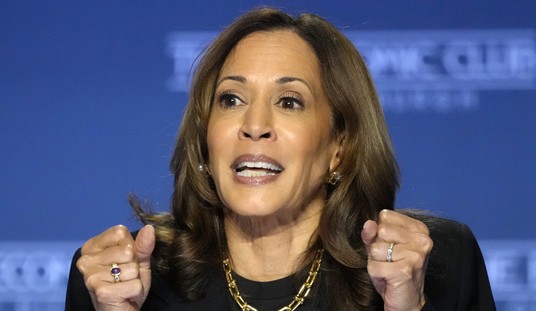The Director of Community Engagements for Massachusetts Citizens for Life claims that Facebook has labeled a quote by St. Augustine as hate speech. In a blog post, Domenico Bettinelli wrote, “Facebook has repeatedly banned a quote from St. Augustine every time I’ve posted it. And it’s not some fire and brimstone ‘Sinners are going to hell!’ quote, but in fact, quite the opposite.”
Pulled from one of St. Augustine’s homilies included in the Roman Catholic Church’s official liturgical books, the offending quote is this:
Let us never assume that if we live good lives we will be without sin; our lives should be praised only when we continue to beg for pardon. But men are hopeless creatures, and the less they concentrate on their own sins, the more interested they become in the sins of others. They seek to criticize, not to correct. Unable to excuse themselves, they are ready to accuse others.
Why in the world would Facebook ban that? With the quote, St. Augustine is calling us to focus on our own pursuit of holiness and stop worrying about the failings of others. If anything, the quote could be used by Facebook users to shout down others calling things like homosexuality and transgenderism sinful. To be clear, that’s not what the quote is saying, but I can see scenarios where people take it out of context to condemn those who “judge” others. Be that as it may, Facebook has still banned the quote under the guise of it being hate speech, at least, according to Bettinelli and some of his friends who conducted an experiment.
After noticing that a friend’s posting of the quote was taken down, Bettinelli reached out. His friend confirmed that Facebook had removed the quote. His friend added that he has yet to receive “an explanation from Facebook, but that he’s ‘virtually certain it’s still the algorithm’ taking it down because, as he says, the quote itself is challenging but inoffensive.”
That’s when Bettinelli and company decided to conduct their experiment:
Then our friend, Fr. Chip Hines, posted it on his wall because he thought Facebook was being ridiculous and wanted to see if the same thing happened and it did. He has requested human review of the takedown and is still waiting.
So being the kind of guy who knows a bit about these things and curious about why it was happening I posted it too. Some friends saw my post and re-shared it. Then this happened.
What happened was a notification from Facebook informing him that the St. Augustine quote, “goes against community standards on hate speech.”
As Bettinelli explains, “Part of the problem here is that this takedown notice leaves me with no understanding of how I violated their policy.” Clicking the button Facebook provided to define hate speech uncovers nothing more than this:
We define hate speech as a direct attack on people based on what we call protected characteristics — race, ethnicity, national origin, religious affiliation, sexual orientation, caste, sex, gender, gender identity, and serious disease or disability. We also provide some protections for immigration status. We define attack as violent or dehumanizing speech, statements of inferiority, or calls for exclusion or segregation. We separate attacks into three tiers of severity, as described below.
In his blog post, Bettinelli writes that he’s heard from many others who have shared the quote, only to have Facebook take it down because it’s hate speech. Bettinelli shared it so many time and had it removed by Facebook so often, that he’s been told that one more time and his account will be suspended. He has also added an edit to his blog post letting his readers know that Facebook has rejected his appeal.
One of the interesting things about all this is found in Bettinelli’s conclusion, in which he confesses:
As a conservative, I’m biased against government intervention into free enterprise. But I also recognize that sometimes regulation and legislation are necessary to protect the rights of citizens against the agendas of certain groups of people or corporations. I’m starting to lean toward the necessity of the US government regulating social media firms as public utilities. Because Big Brother isn’t just from the government any more.
That conclusion is where I’m at. It’s becoming harder to ignore the evidence that Facebook is deliberately shutting conservative Christian voices out of the public dialogue. The banning of the St. Augustine quote as hate speech further drives me to conclude that it’s time for the U.S. government to regulate social media.









Join the conversation as a VIP Member